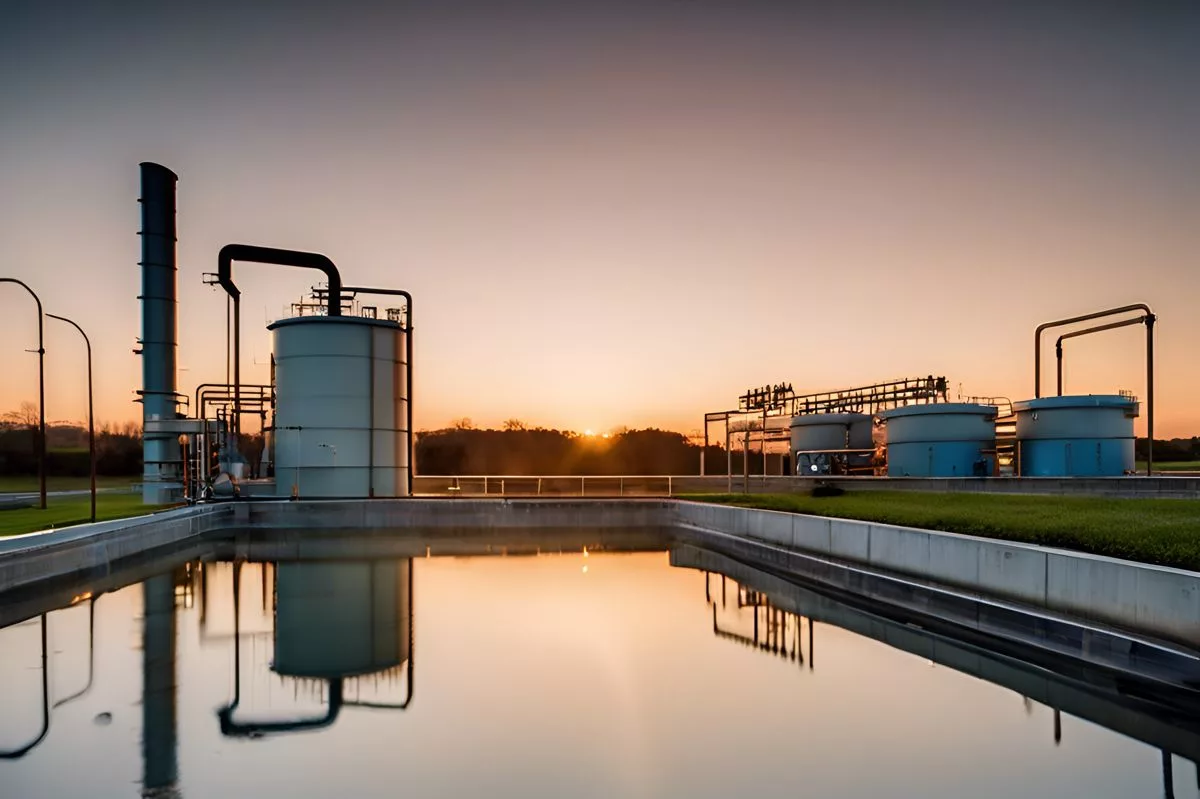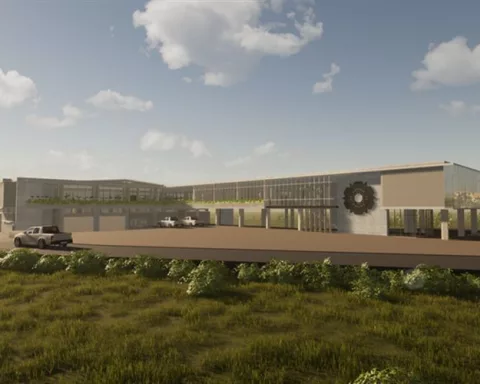A landmark agreement is set to transform the water scarcity situation in Musina Town, South Africa. The bilateral pact between South Africa and Zimbabwe facilitates the transfer of treated water from Zimbabwe to Musina, with an anticipated transfer of 15 million cubic meters annually. This agreement is a continuation of diplomatic cooperation between the two African countries and is perfectly timed with National Water Month.
Transformative Water Trade Agreement in Musina Town, South Africa: A bilateral pact facilitating the transfer of treated water from Zimbabwe to Musina is set to enhance the parched region’s water supply. This landmark agreement is a continuation of diplomatic cooperation between South Africa and Zimbabwe and is timed perfectly with National Water Month.
A Landmark Agreement in the Making
On March 14th, a breakthrough Memorandum of Understanding (MOU) is scheduled to be signed that could drastically alter the water scarcity situation in Musina Town, South Africa. This paramount water trade pact involves key figures, most notably South Africa’s Minister of Water and Sanitation, Senzo Mchunu, and his Zimbabwean equivalent, Dr. Anxious Jongwe Masuka, Minister of Lands, Agriculture, Fisheries, and Rural Development.
This bilateral pact stands as a testament to the fruitful cooperation and diplomacy between the two African countries. At its core, it facilitates the transfer of treated water from Beitbridge Water Treatment Works located in Zimbabwe to the parched region of Musina. With an anticipated transfer of a whopping 15 million cubic meters annually (amounting to an impressive 41 megaliters daily), the deal is primed to drastically enhance Musina’s water supply.
The Water Crisis in Musina
Situated at the utmost northern tip of South Africa, Musina, home to 132,009 people who dwell across 192 villages and a single town, mainly relies on groundwater for survival. The water shortage crisis which came under the spotlight during the National Provincial Week of the National Council of Provinces (NCOP) last year, was largely attributed to an array of factors. These included leaks in the main water pipeline, unlawful destruction, power outages, and outdated infrastructure.
As explained by Wiseman Maluleke, the Director of Water Services at Vhembe District Municipality, the region heavily depends on boreholes linked to an 8.1-kilometer primary water pipeline. This pipeline transports raw water to the Nwanedi Water Treatment Works for processing and refinement.
A Continuation of Diplomatic Cooperation
This upcoming water trade pact isn’t an isolated event but is rather a continuation of a strong foundation laid by an earlier 2015 bilateral agreement concerning Co-operation on Water Resources Management between South Africa and Zimbabwe. This preceding agreement led to the creation of the Joint Water Commission (JWC), a clear indication of the diplomatic relations and mutual dedication to managing shared water resources.
Adding another dimension to this complex interplay of diplomacy and shared resources, Minister Mchunu is also expected to sign an amended LIMCOM Agreement with representatives from Botswana and Mozambique. This agreement, under the administration of the Limpopo Watercourse Commission (LIMCOM), intends to make policy adoption, decision-making, and guidance for fair utilization of shared water resources more efficient, thereby encouraging sustainable development.
National Water Month and Global Initiatives
It’s significant to note that these landmark signings are timed perfectly with the National Water Month, an initiative propelled by the Department of Water and Sanitation in alignment with the United Nations-led World Water Day. This synchronization provides an appropriate global context for local activities aimed at alleviating the water scarcity issues in the region. In achieving this, it encapsulates the essence of cooperation, sustainability, and progress.
What is the Transformative Water Trade Agreement in Musina Town, South Africa?
It is a bilateral pact between South Africa and Zimbabwe that facilitates the transfer of treated water from Zimbabwe to Musina in South Africa, with an anticipated transfer of 15 million cubic meters annually.
How will the agreement affect Musina’s water supply?
The agreement is primed to drastically enhance Musina’s water supply, as it facilitates the transfer of treated water from Beitbridge Water Treatment Works located in Zimbabwe to the parched region of Musina.
What are the factors that caused the water shortage crisis in Musina?
The water shortage crisis in Musina was largely attributed to an array of factors, including leaks in the main water pipeline, unlawful destruction, power outages, and outdated infrastructure.
What is the Joint Water Commission (JWC)?
The Joint Water Commission (JWC) was created as a result of an earlier 2015 bilateral agreement concerning Co-operation on Water Resources Management between South Africa and Zimbabwe. It is a clear indication of the diplomatic relations and mutual dedication to managing shared water resources.
What is the amended LIMCOM Agreement?
The amended LIMCOM Agreement is expected to be signed by Minister Mchunu with representatives from Botswana and Mozambique. This agreement, under the administration of the Limpopo Watercourse Commission (LIMCOM), intends to make policy adoption, decision-making, and guidance for fair utilization of shared water resources more efficient, thereby encouraging sustainable development.
How is the timing of the agreement related to National Water Month and global initiatives?
The agreement and signings are timed perfectly with the National Water Month, an initiative propelled by the Department of Water and Sanitation in alignment with the United Nations-led World Water Day. This synchronization provides an appropriate global context for local activities aimed at alleviating the water scarcity issues in the region and promotes cooperation, sustainability, and progress.












